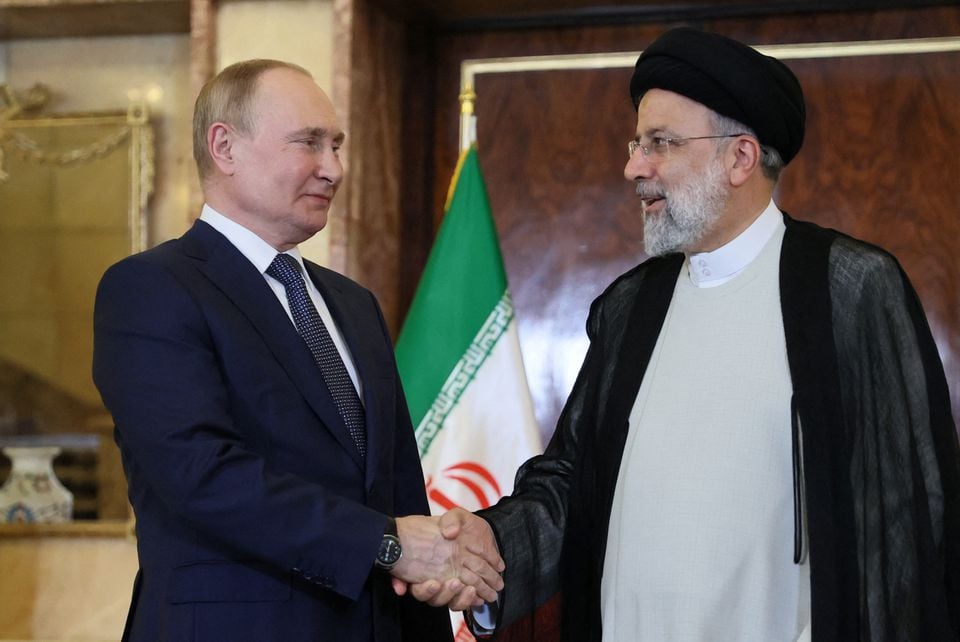
Russian President Vladimir Putin shakes hands with Iranian President Ebrahim Raisi during a meeting in Tehran, Iran, July 19, 2022
The dispute between Iran and the UAE over the islands has long been included in statements by the Gulf Cooperation Council (GCC), a political and economic alliance of six countries on the Arabian Peninsula. But according to Nikkei Asia , a joint statement issued by the GCC and Russia on July 11 stated: "The ministers affirmed their support for the UAE's initiative to achieve a peaceful solution to the issue of the three islands of Greater Tunb, Lesser Tunb and Abu Musa through bilateral negotiations or the International Court of Justice (ICJ)."
Tehran had a similar problem with Beijing last December when Chinese President Xi Jinping and GCC leaders made a similar statement during Xi’s visit to Saudi Arabia. However, the issue was resolved later when Beijing issued a statement supporting Iran’s territorial integrity and invited Iranian President Ebrahim Raisi to visit China.
Iran reacted strongly to Russia. Tehran summoned Moscow's ambassador and Iranian Foreign Minister Hossein Amir-Abdollahian also spoke by phone with his Russian counterpart Sergei Lavrov. However, Tehran was unable to get Moscow to make the statement on the issue that it wanted.
"No one should think that the Islamic Republic of Iran, with its greatness and power, wants to sell the country to Russia, China, the United States, France, Britain and Germany... Regarding China and Russia, we act within the framework of our interests. But we will never allow them to harm our independence, sovereignty and territorial integrity," Foreign Minister Amir-Abdollahian said on Iranian state television on July 18, according to Nikkei Asia .
While Iran often criticizes the West, it is rare for an Iranian official to directly attack Russia. Analyst Gregory Brew of the Eurasia Group (a research and policy consulting organization in New York, USA) commented that Moscow's signing of the statement with the GCC shows that Russia-Iran relations have developed suspicion.
“Iran and Russia have occasionally butted heads in Syria, where both support the government of [Syrian President] Bashar al-Assad. Russia is growing closer to Iran but is cautious about taking the relationship to the next level, as it is also trying to improve or maintain its relations with the GCC and Israel,” Brew commented.
Former Iranian Foreign Minister Javad Zarif recently revealed that Moscow obstructed negotiations that led to the conclusion of the nuclear deal between Tehran and major powers (including Russia) - officially known as the Joint Comprehensive Plan of Action (JCPOA) - in 2015.
"From the first day of the JCPOA negotiations, Russia opposed our uranium enrichment plant. They said Russia will not allow Iran to produce fuel for Bushehr [the nuclear power plant]. Why? Because Russia is focused on competition in the energy sector. They tried to prevent this from happening until the last day," Mr. Zarif said at a ceremony on July 12.
“We think Russia is our strategic friend, but this [definition] of strategy is different from the strategy we think,” Mr. Zarif said.
Mr Zarif's words show that although many believe Iran and Russia are on the same side in their confrontation with the US and the West, differences still exist between the two countries.
The West has condemned Iran for allegedly selling drones to Russia for use in the war in Ukraine. Iranian officials initially denied the sale, but later said they never intended to allow the equipment to be used in conflict and that the sale took place before the outbreak of hostilities.
A former senior Iranian foreign ministry official said Russia had released classified information about Iran's drones "just to have an ally in the war with Ukraine". "Iranian hardliners simply fell into Russia's trap because they are too arrogant and want to show the world that they can produce advanced weapons that even Russia is willing to buy," he said.
Many conservatives in Iranian politics believe that while the country does not have good relations with the West, it is wise to maintain ties with the East. But it is now clear that the relationship between Russia and Iran will not be a bed of roses.
“We will certainly continue our important relations with all countries including China and Russia, but our red line is our sovereignty, independence and territorial integrity,” Foreign Minister Amir-Abdollahian said on Iranian state television on July 18.
Source link



![[Photo] General Secretary To Lam attends the 80th Anniversary of the Cultural Sector's Traditional Day](https://vstatic.vietnam.vn/vietnam/resource/IMAGE/2025/8/23/7a88e6b58502490aa153adf8f0eec2b2)
![[Photo] Prime Minister Pham Minh Chinh chairs the meeting of the Government Party Committee Standing Committee](https://vstatic.vietnam.vn/vietnam/resource/IMAGE/2025/8/23/8e94aa3d26424d1ab1528c3e4bbacc45)




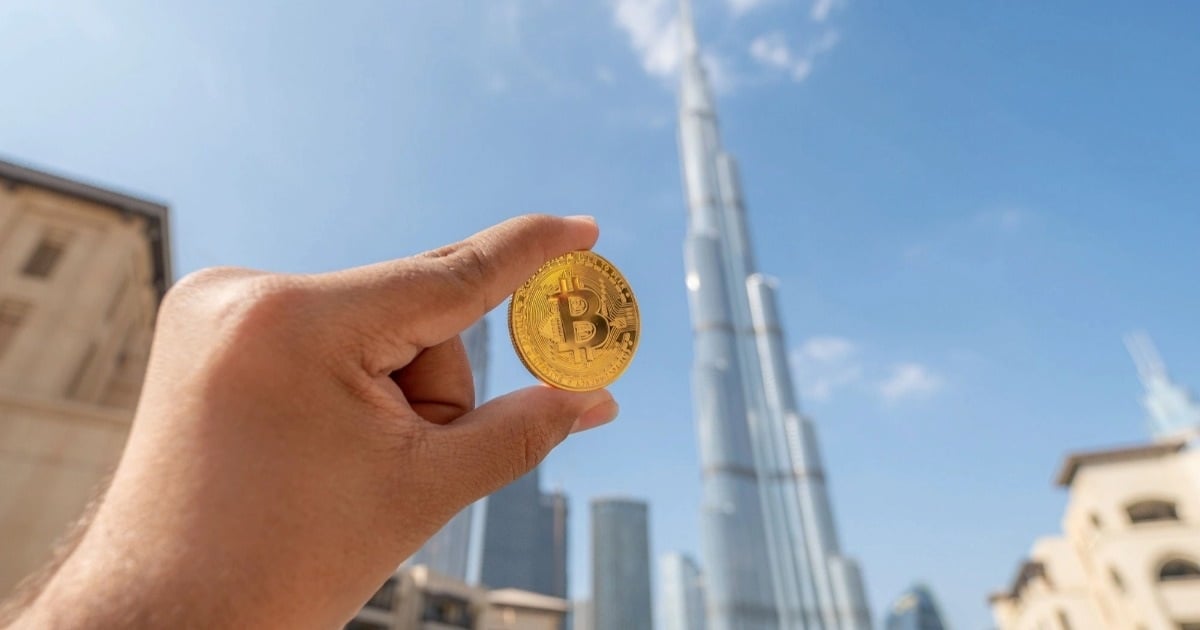

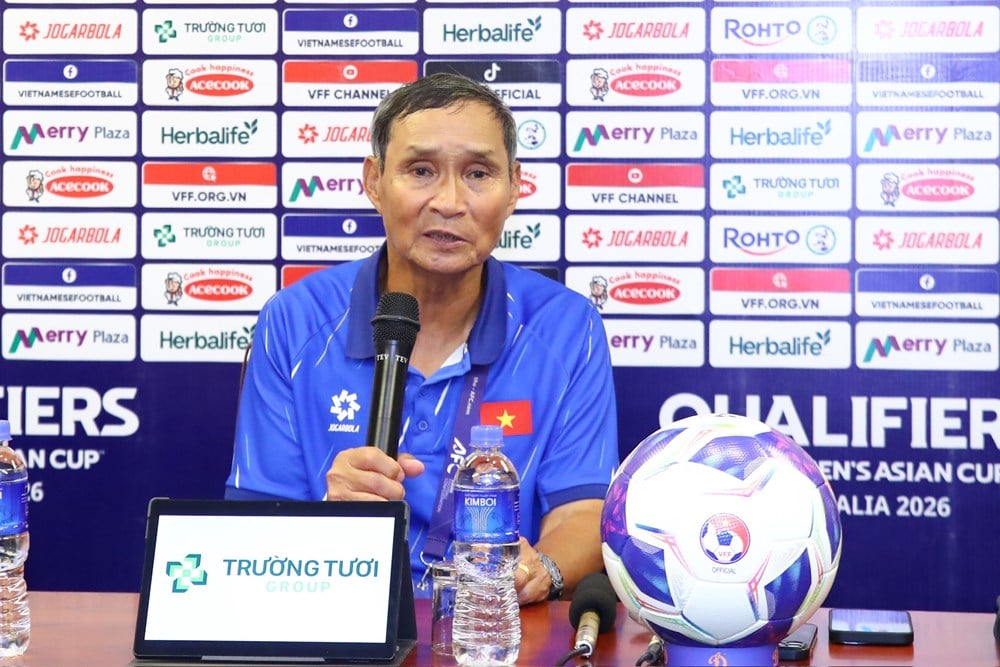

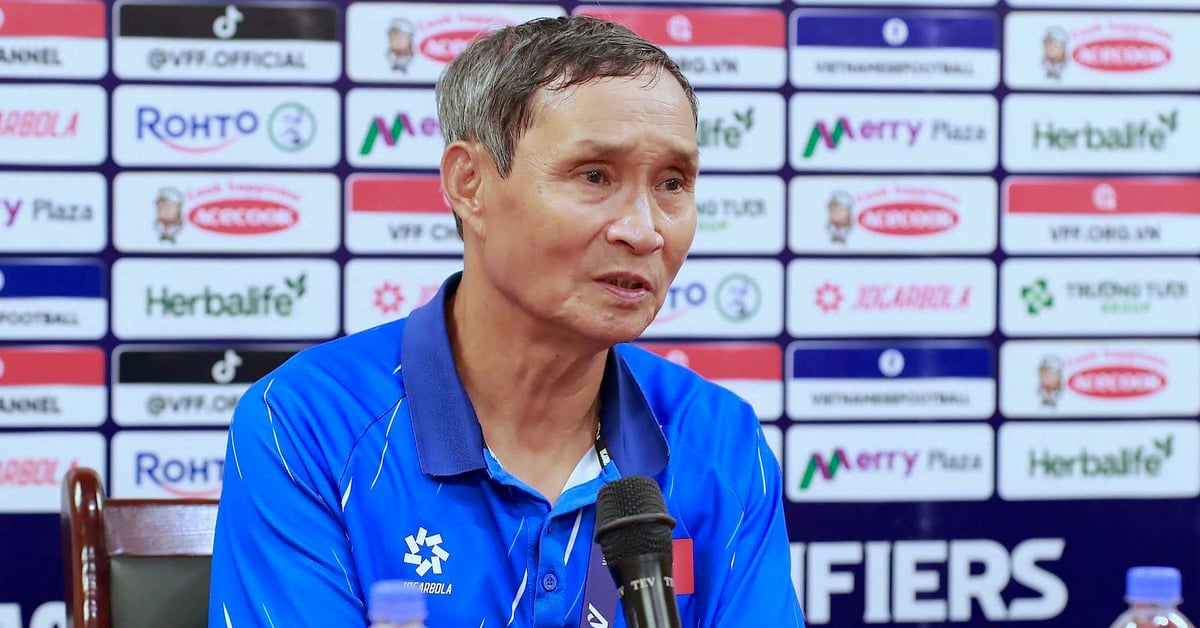


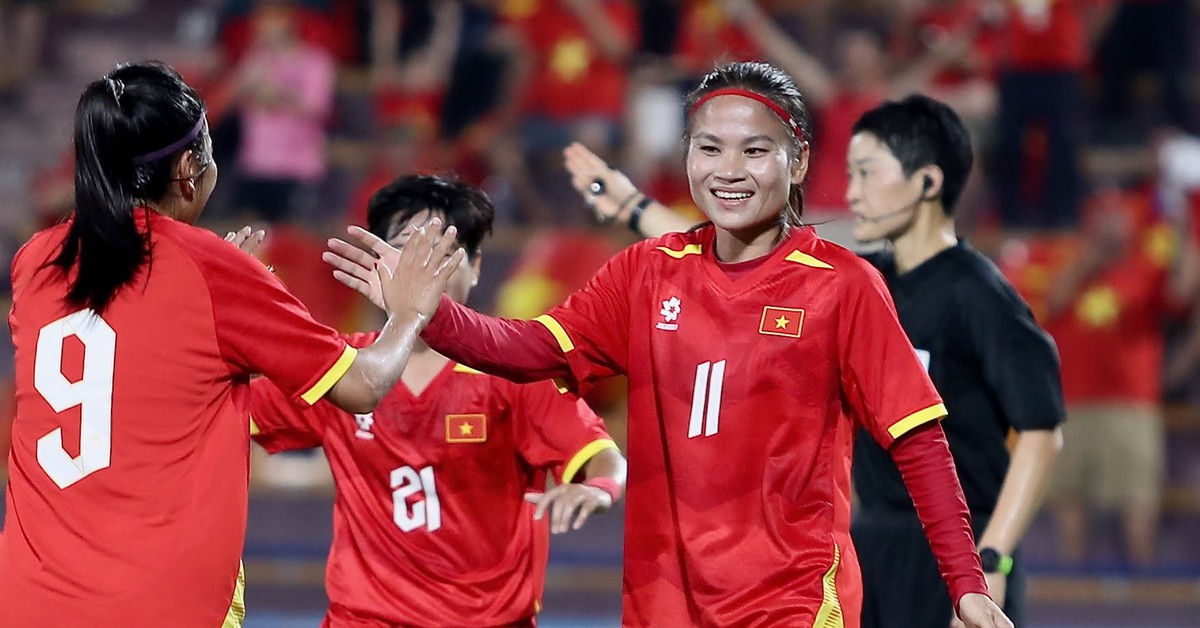
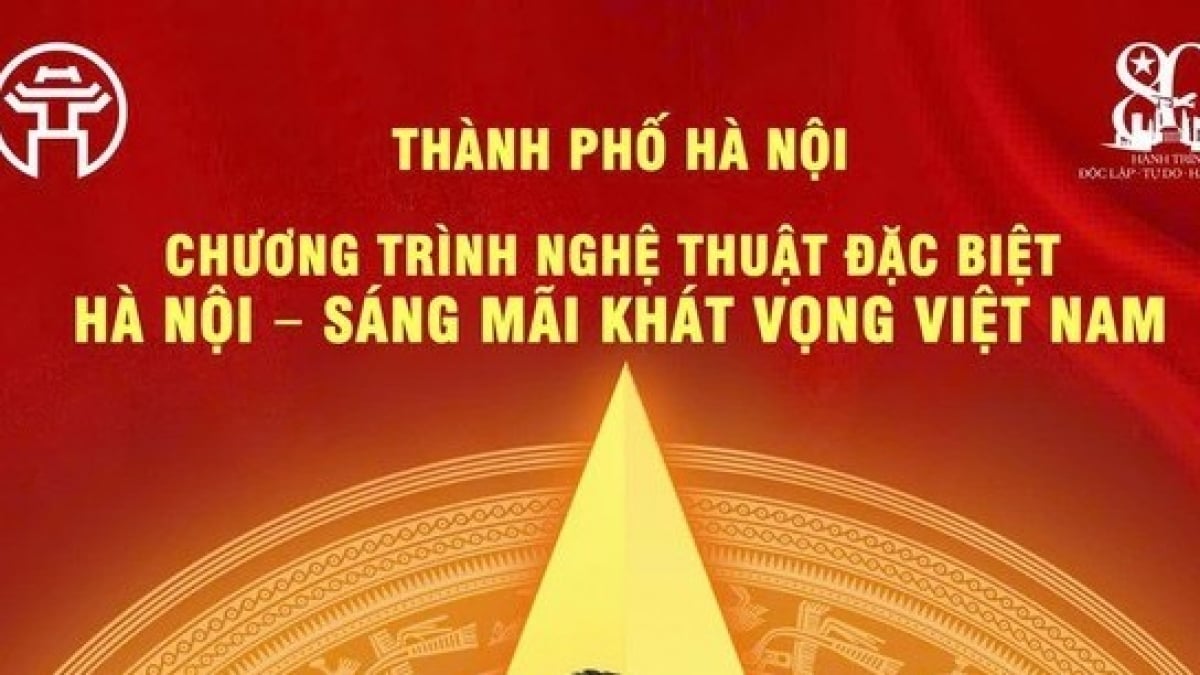



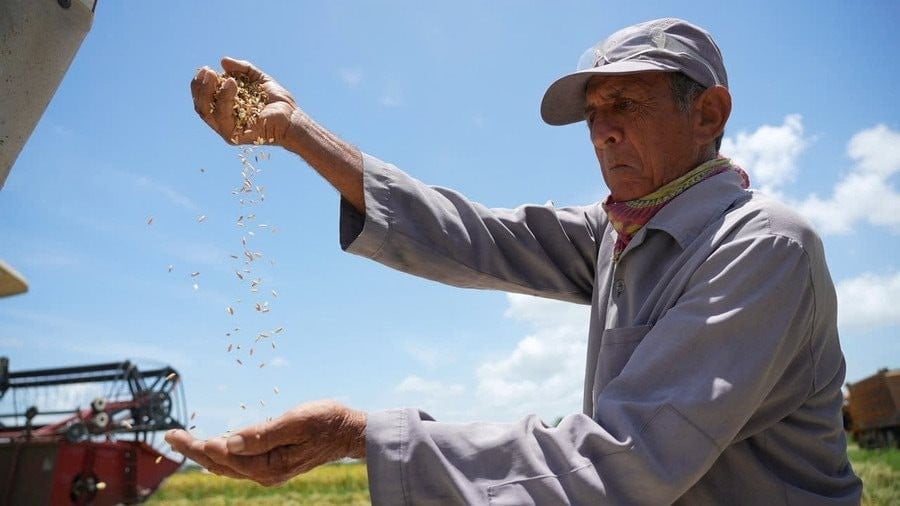
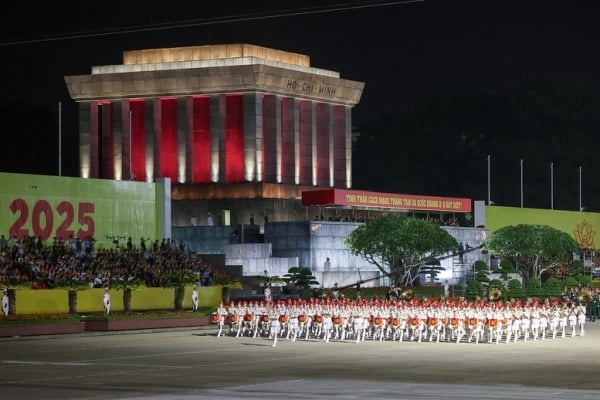
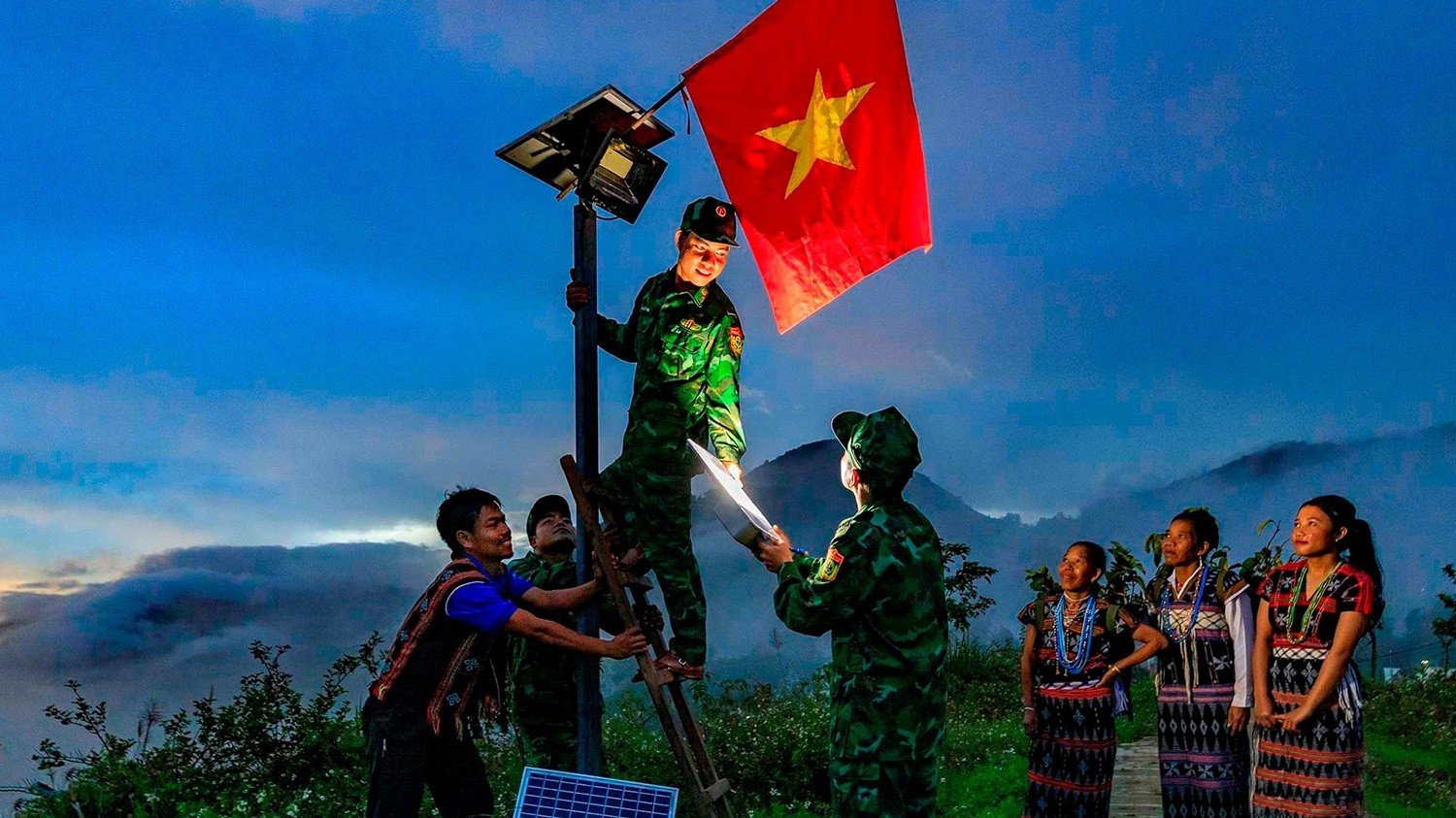




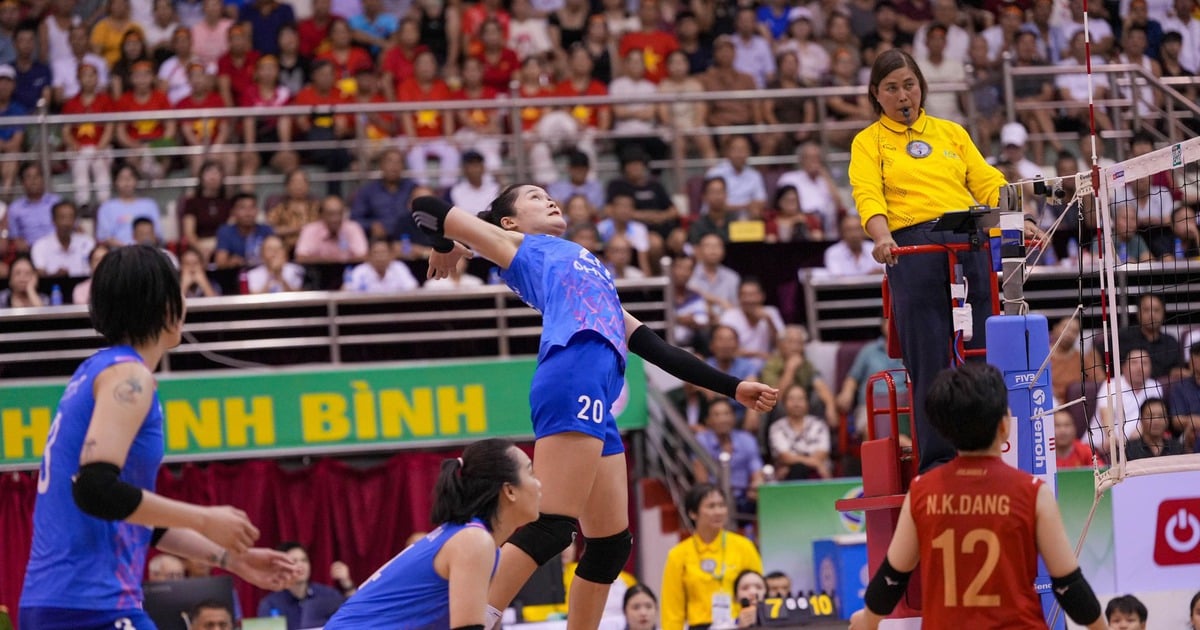
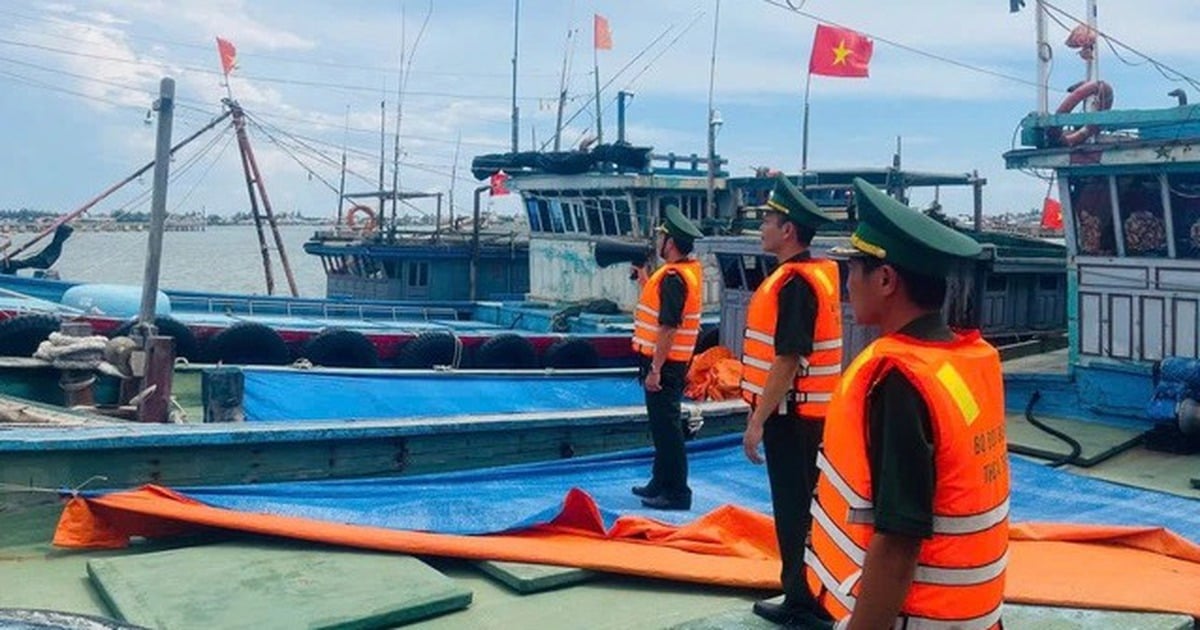
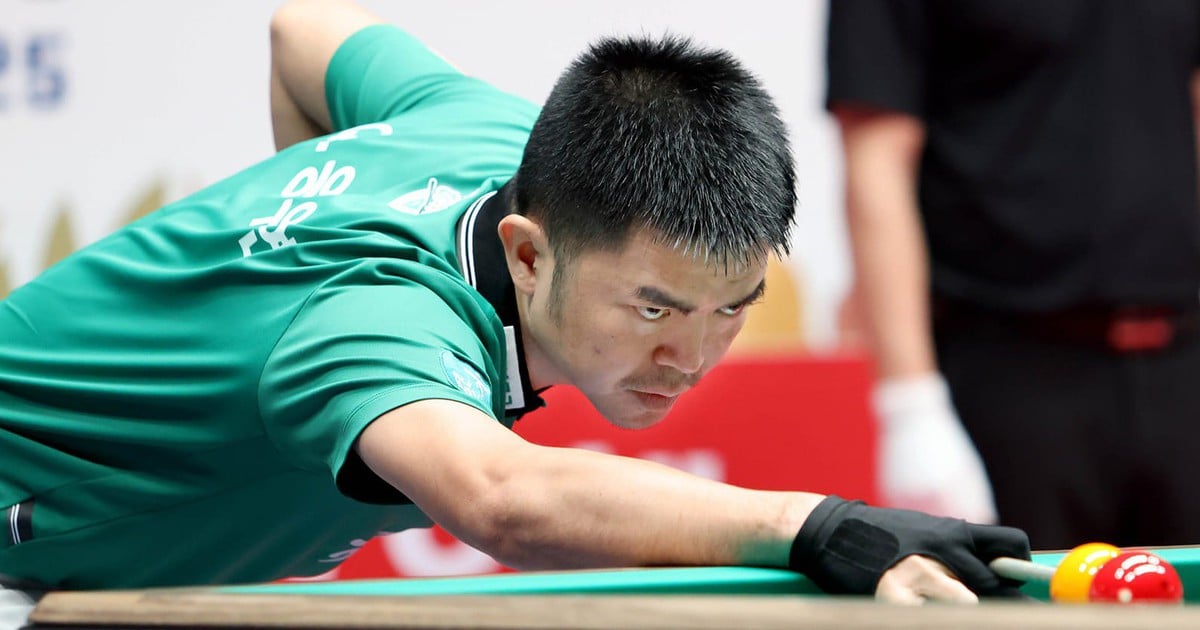
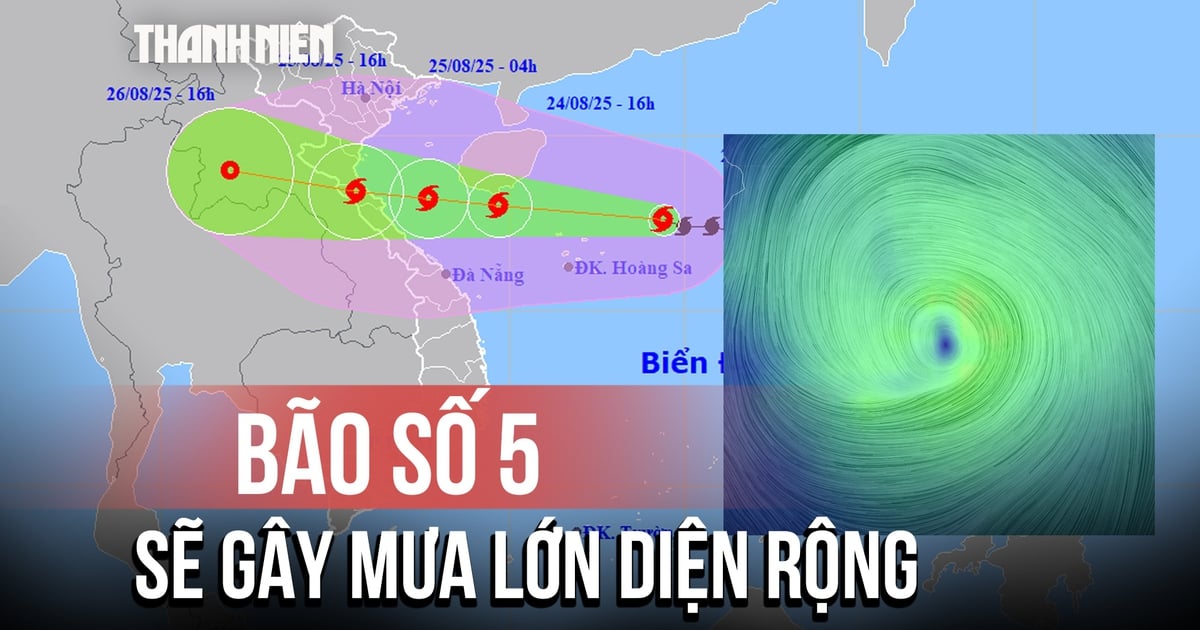
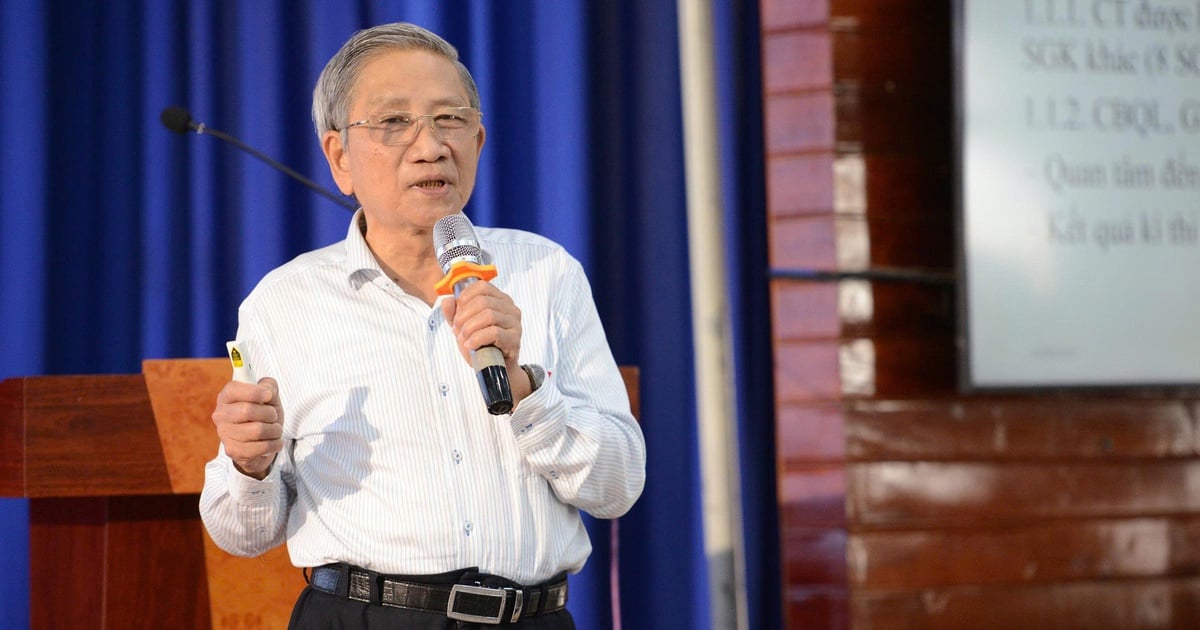
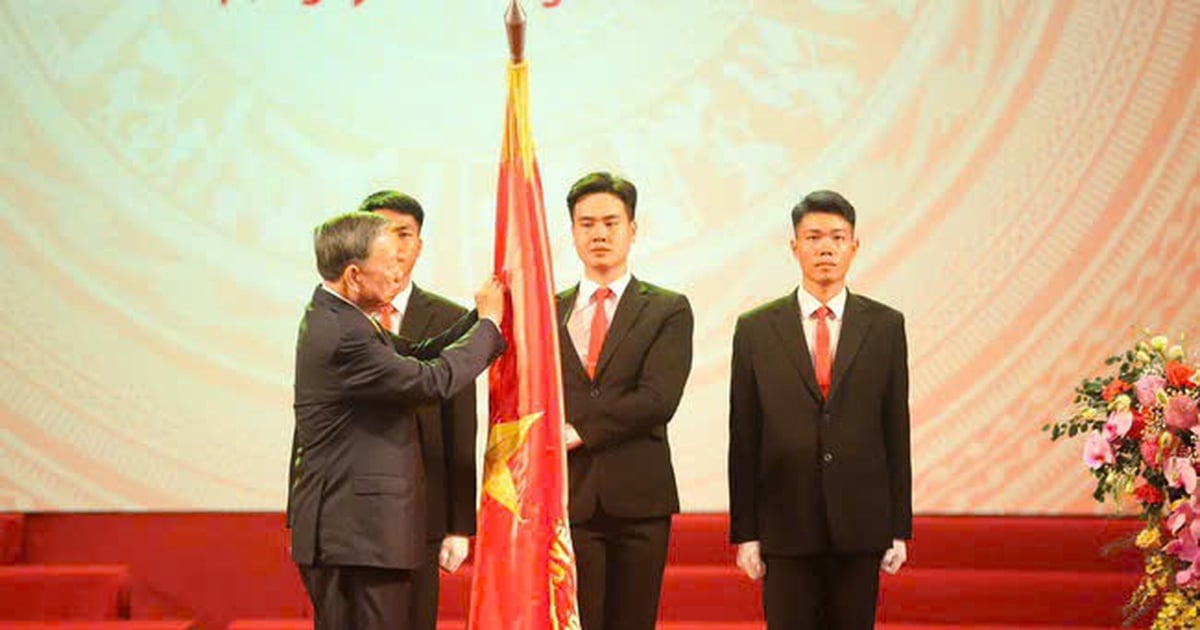








































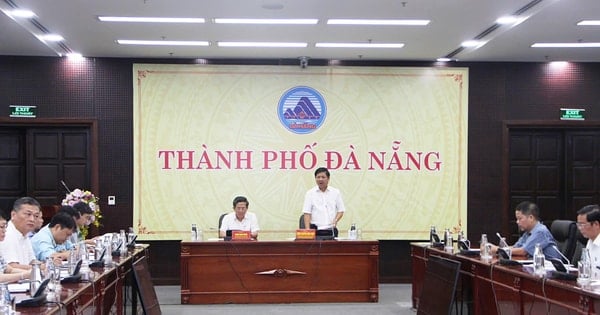



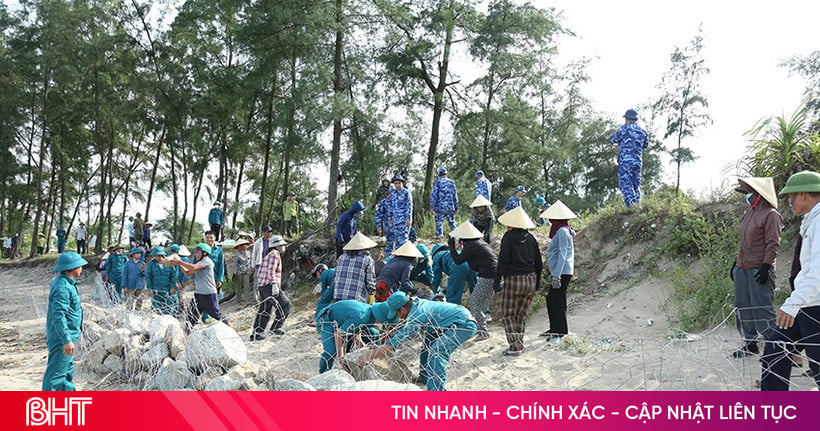



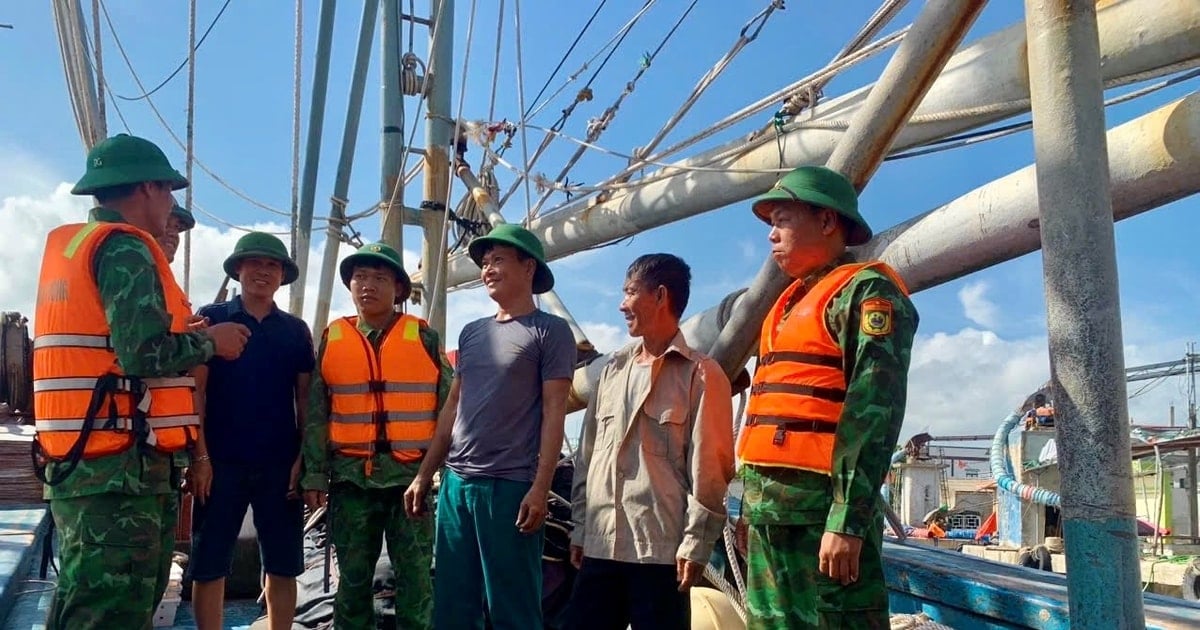
















Comment (0)